I previously wrote some tips for preparing to play the violin for kids – things you can do before your child actually starts the instrument. I wanted to follow up that post with some thoughts on what age to start violin lessons!
If you ask pretty much any violin teacher, they will usually answer, “It depends.” And that’s no different here. It does depend!
After teaching beginner violin students for nearly 20 years, there are a few signals I look for to see if a child is ready. To be clear, this is specific to violin and other string students. I know piano teachers, for instance often start kids a little older, so I can only speak to young string players.
Before accepting any students, I always do a trial class to assess whether it’s likely to be a good fit, and also whether the child is ready to dive in. And while it will obviously vary by child, here are 5 things I look for to see if a child is ready to start playing the violin. (I always start out with this beginner violin. It’s nothing fancy, but it has everything you need and is inexpensive.) I hope they’re helpful to you in deciding what age to start violin lessons!
This post about what age to start the violin contains affiliate links, but all opinions are 100% my own. That means I earn a small commission if you purchase through my link, but doesn’t change your price.
Best Age to Start Violin Lessons or Cello Lessons
1) Is my child interested in music?
While it’s definitely possible to teach a child who isn’t interested in the least, it’s usually not particularly fun. It’s so much easier to get going when the child has a bit of self-motivation and interest.
To be clear, playing the violin is HARD. Most children will feel discouraged, “hate it,” and want to quit at some point. That doesn’t necessarily mean that they should (although sometimes it does). But a child who always hates the instrument will really struggle.
It’s certainly not necessary to have a child who is passionate about music above all else (see my “what I don’t look for #3 below). Still, to help prepare your child, it’s helpful to play music in your home, sing songs, and build a general interest in music through familiarity. You’ll be amazed at how much that helps.
2) Does my child have a 10 minute attention span?
While some teachers expect children to sit still and listen for a full 30 minutes, I never expect my beginner students to stay totally focused for more than 10 minutes. Depending on the age, that is what is completely developmentally appropriate, and it’s amazing how much students can progress with even 10 minutes of consistent and dedicated practice each day.
This amount of time obviously increases as they progress and as they strengthen their practice muscles, but 10 minutes really is sufficient in the beginning when deciding what age to start the violin.
3) Can my child hold a pencil?
This isn’t a hard and fast rule, but it’s a helpful fine motor skill litmus test to see if your child is able to properly hold a pencil. Your child will use a lot of those same small muscles in holding the bow and playing the notes, so it’s useful if they can do this already. (I do, oddly, have some very favorite pencils…and also colored pencils, for that matter!)
If you’re wondering what age to start cello lessons, in our experience, this has been a bit older than the violin. The cello is a bigger instrument that requires some more gross motor skills than the violin. With my cello-playing child, we started when he was about 4.5 (as opposed to 3.75 with my two violin-playing children). This is the point at which he could manage the bigger instrument and press his fingers down on the thicker strings.
4) Can my child match a note?
Again, this isn’t something that’s entirely necessary as pitch matching is definitely something I work on with early students. Still, it’s always helpful when a child has a basic understanding of notes getting higher and lower and can match basic tones.
Especially with the Suzuki method that is heavily dependent on hearing notes and songs, it’s really useful when a child can distinguish between the different notes when starting the violin for kids. It’s even more helpful if your child is familiar with hearing and/or singing the songs in Suzuki book 1.
5) Can my child follow basic, 3-step instructions?
Learning to play the violin is so fun, but it’s also a bit complicated. Especially in the early weeks and months, a new student will need to practice the same skills over and over because it’s unwise to progress until they have those down cold. It requires patience and, yes, following instructions from a teacher.
Toddlers are notorious for wanting to resist against instructions. While this happens with other kids, too, of course, most kids should outgrow the great need to regularly push against instructions and run away before starting an instrument. A child should be excited to listen and generally agreeable to following instructions. It’s important to not practice those early skills incorrectly, so a child should be ready to receive feedback and willing and patient in following those directives.
What I Do NOT Look For When Deciding What Age to Start Violin Lessons
There are a few things that parents sometimes ask about that I don’t feel have a great correlation with a violin student’s early success. Here are some of those factors.
1) Can my child read?
While I know this can be more important for other instruments (piano, for instance), it really isn’t relevant for most early string players. I teach a blended Suzuki method, which includes a lot of ear training. Students typically learn songs by listening to them for quite a while, anyway, so ability to read is fairly irrelevant.
If your child can read, you can have them start practicing some note reading (this is my very favorite simple and straightforward book to teach note reading, along with my very favorite music stand), but I would do it separately from the instrument.
2) Did my child choose this specific instrument?
Honestly, young children don’t tend to have a fantastic sense of what most instruments require until they start actually playing them. I firmly believe a child can be successful at the violin even if it wasn’t something they went out of their way to choose on their own.
3) Does my child have a deep and inherent musical skill?
Music is like most other things – it requires a lot of practice. And most children who start playing the violin will not be prodigies or become professional musicians. And that’s perfectly okay!
Just because your child isn’t the next Mozart doesn’t mean there isn’t a great deal of value in a strong musical education. Your child can still learn a lot and have a lot of fun even if they don’t aspire to become the concertmaster of the National Symphony.
Pros and Cons When Deciding What Age to Start the Violin
Of course, there’s no perfect age to start the violin. Different students will succeed at different times. In general, however, the best age to start violin for my students is between 5-7 years old. I’ve started students as young as 3 years old, including my two oldest children. However, teaching violin for a toddler will require a great deal of supervision and assistance for every practice session. So unless there is a parent present willing to put in significant effort, I would not recommend starting that young.
Some 4 year olds are capable of learning and following practice instructions, but will typically still require a good bit of guidance.
Advantages of Starting the Violin Young
The biggest advantage of starting young is that young kids have an incredible ear and typically pick up rhythmic sounds really easily.
The reason Suzuki method works so well with young children is that they are trained to listen to sounds and mimic them. Consider language acquisition, an enormous part of early childhood. Kids are in the mode of hearing and repeating, which translates well to the violin, as well.
Young kids are also generally compliant and aim to please. They want to do well and are excited about creating sound. It also has some benefits for developing the ear in their young years – it creates a great foundation for musicality throughout life.
Advantages of Starting the Violin as an Older Child
I’ve also started students at 8, 10, 15, and even adults! Learning the violin is not a hobby with a time limit.
There are distinct advantages to starting older, as well. An older child, in particular, will be able to listen and focus for longer periods of time. They also tend to pick up the physical aspects and gross motor skills associated with the violin much more easily. The violin requires a lot of coordination! Between holding the bow, holding the violin, and posture, to say nothing of actually appropriately using the fingers and bow, it’s a lot for a young child (or anyone).
And older child is more familiar with their body and is typically able to grasp the physical aspects of the instrument more quickly. An older student will also be able to move to reading music more quickly, although I still prefer starting without music in the beginning to focus on nailing down all the other skills without that added input.
Best Age to Start Learning A String Instrument
Best Age to Start the Violin
With all that said, students can really benefit from playing the violin for kids over a wide range of ages. In my experience, however, early lessons tend to be most successful and students have the highest likelihood of continuing the instrument and have it benefit their educational experience when they start violin lessons between the ages of 5-7.
5, 6, and 7 year old violin students are typically old enough to be able to focus and practice, and are able to grasp the physical requirements reasonably quickly. They also are young enough that their ears are highly attuned to pitch and rhythm, and it’s easy to mold their sense of musicality through listening.
Guidance for What Age to Start the Cello or Viola
Viola starting guidance is generally very similar to the violin. This is especially true since many violists often start with violin lessons since violin teachers are easier to find and the instrument is a bit smaller, but the instrument and bow hold are very similar.
The cello, as I mentioned above, requires a bit more physical coordination. A student needs to feel comfortable hugging the instrument with their legs and must be able to comfortably reach the floor with their feet while simultaneously reaching around the instrument to play. The strings are much thicker and require more force to press all the way down. The left arm must be sufficiently strong to both keep the elbow in place and also press the strings down.
Because of these physical requirements, I generally recommend waiting until a child is around 6-7 years old to start the cello. Younger students can be successful (I started mine at 4.5), but will require a lot of guidance and redirecting for they physical aspects of playing the instruments. Generally, the younger the student, the greater the need for parental involvement and guidance.
I hope these tips on when to start violin lessons for kids have been helpful! I’d love to hear – have you played an instrument before or has your child? What age did you start violin lessons or start playing a different instrument?
IF YOU LIKED THIS POST ABOUT WHAT AGE TO START VIOLIN LESSONS, YOU MIGHT LIKE THESE POSTS TOO:
- Best Educational Kid Activity Books
- Global Children’s Book Club: 2020 Picture Book List
- 10 Tips for Encouraging a Reluctant Reader
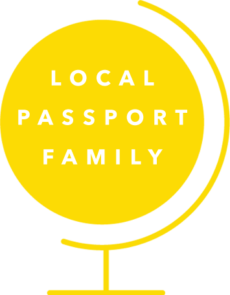

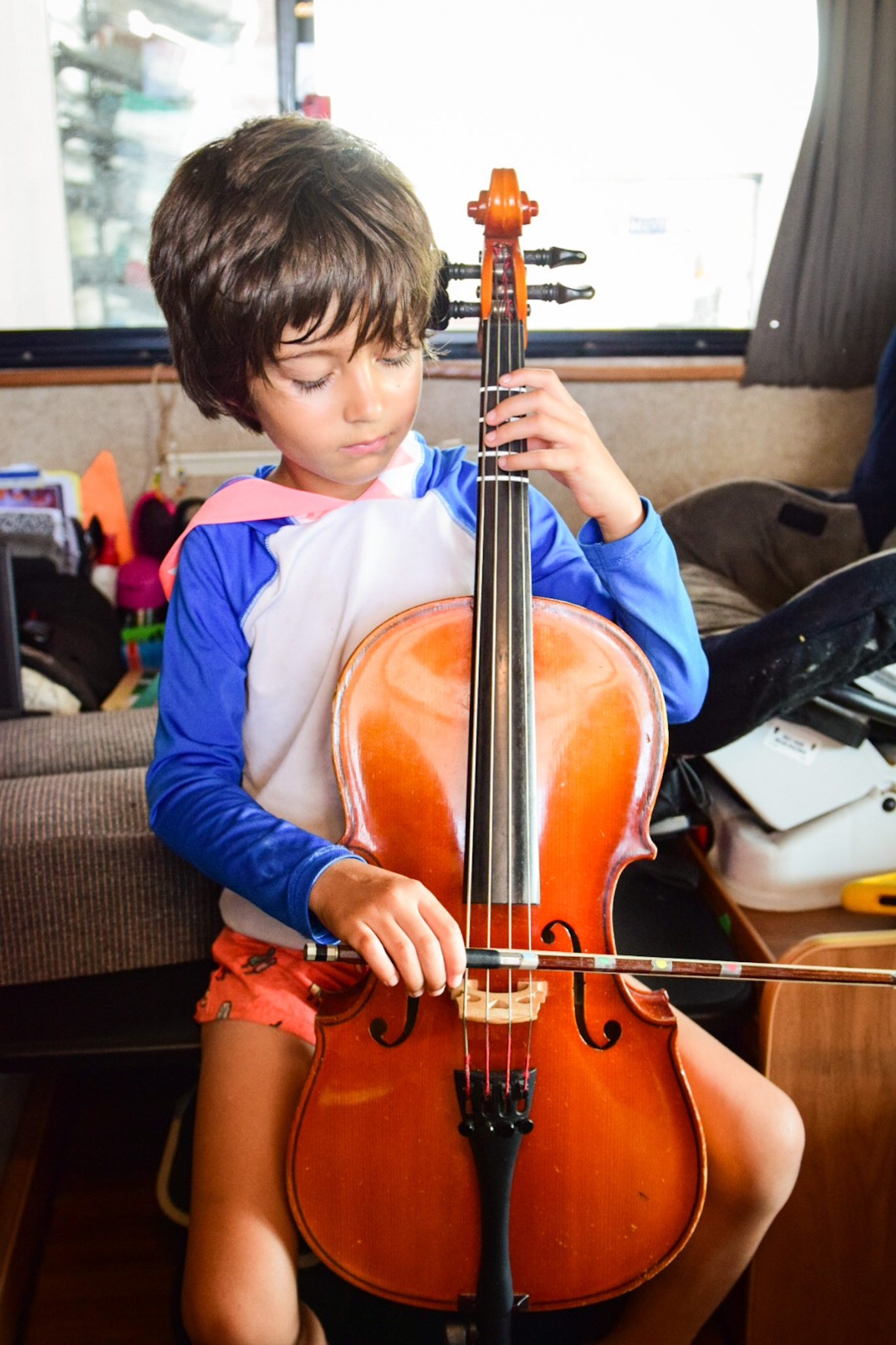
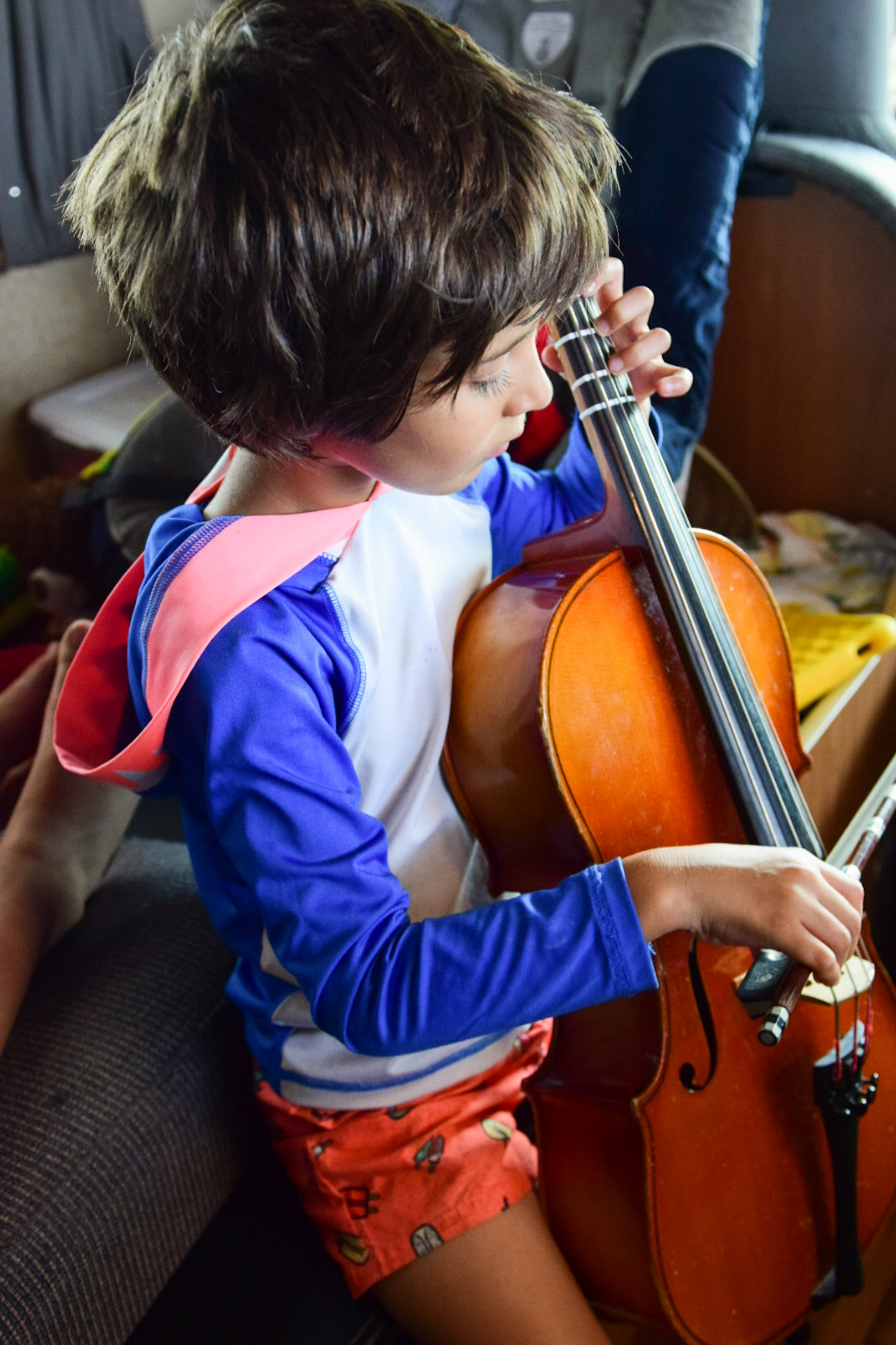
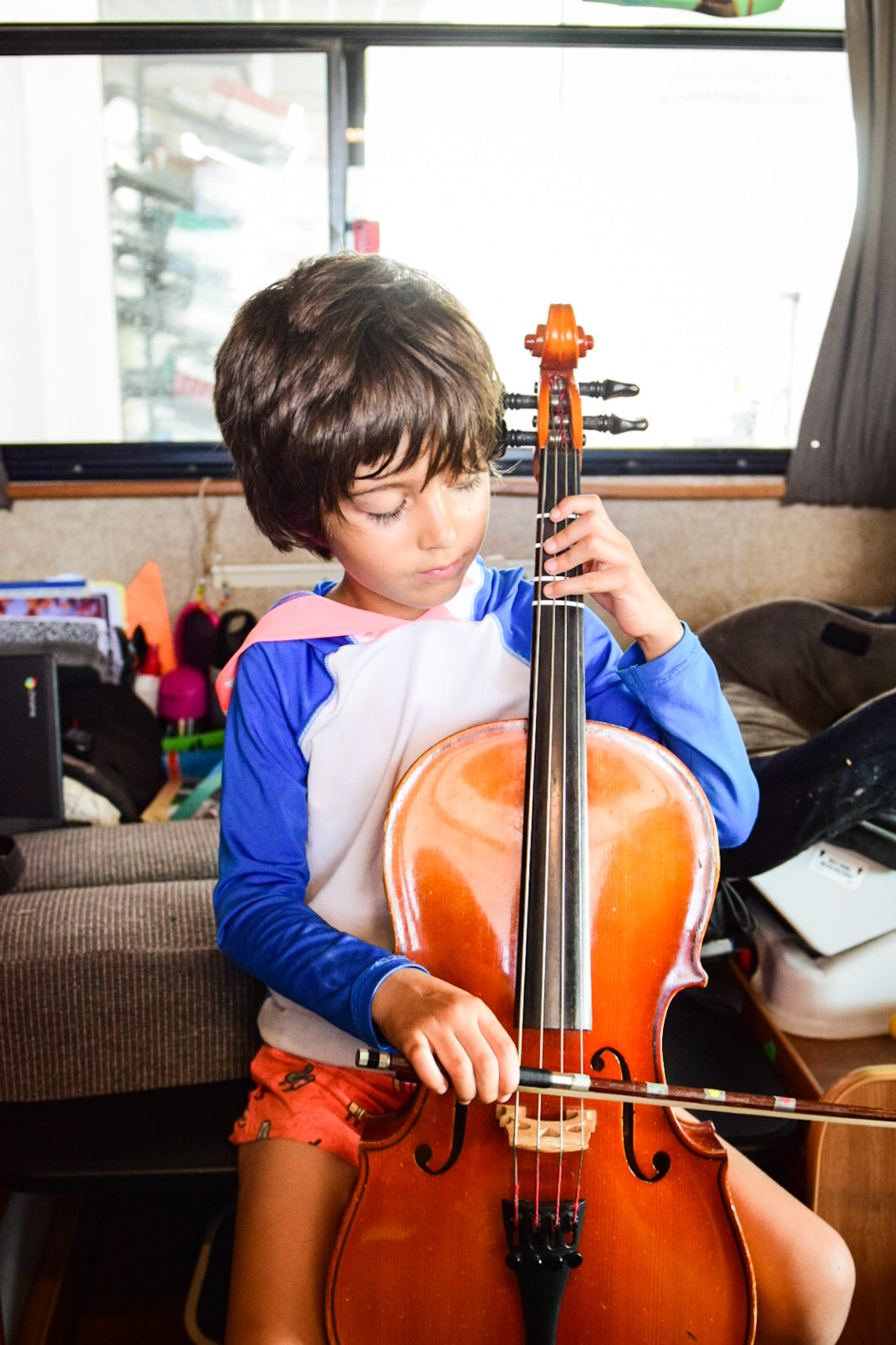
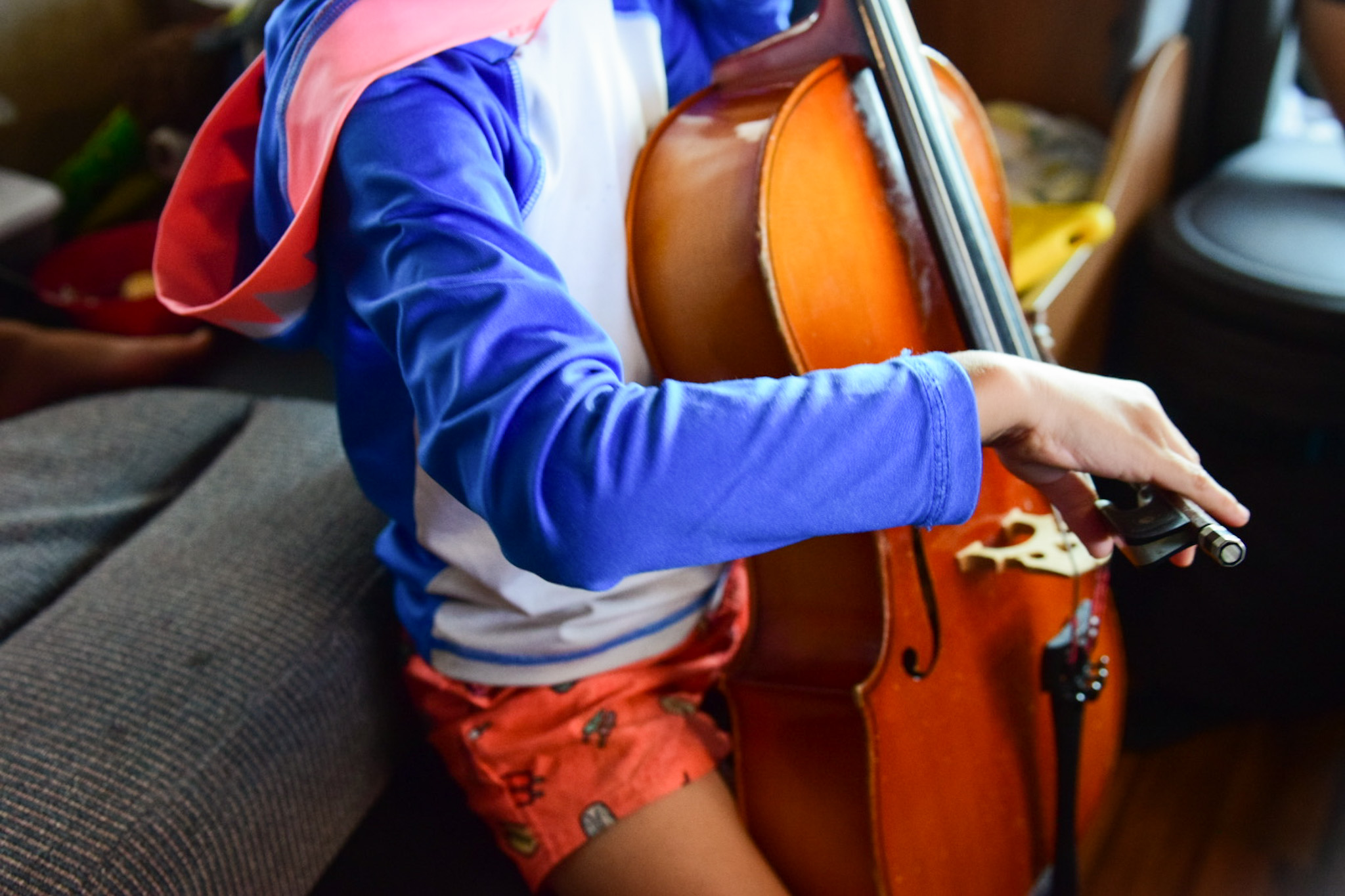
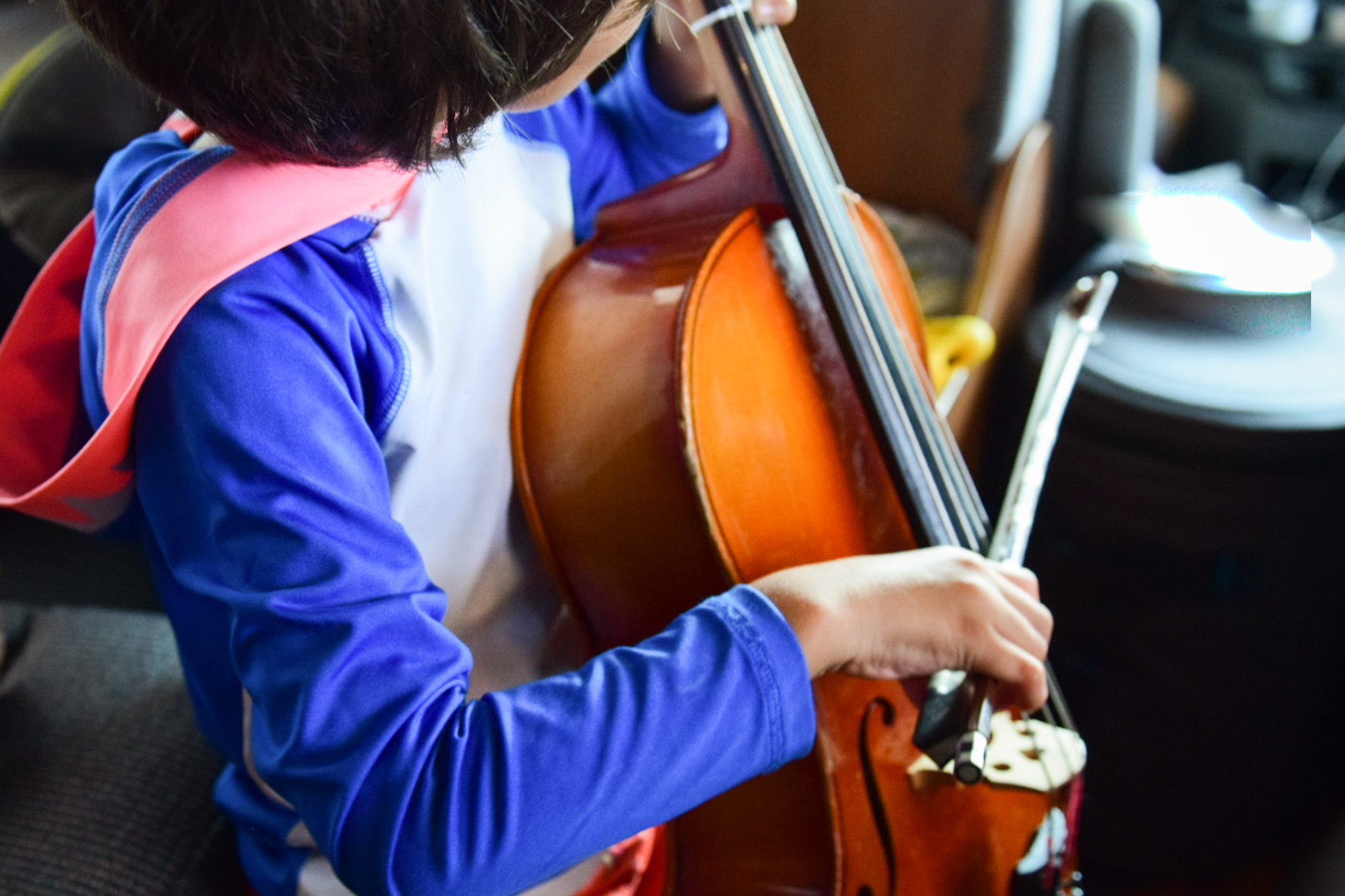


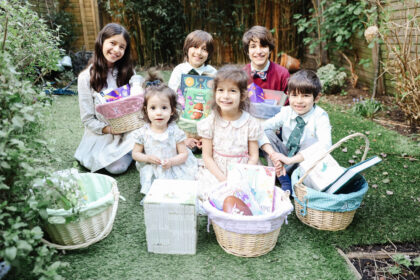


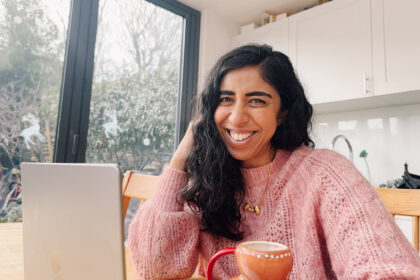



[…] shy of 4 years old, I decided to get him a tiny violin and see how he did with it. While I knew young kids could learn stringed instruments, I hadn’t personally taught a child that little before. But he did great! He took to the […]
I have been wondering what age to start on pre-schooler on music lessons. Sounds like it would be best to wait a little longer. Thank you for these great tips!
I’m so glad it was helpful to you!
[…] I’ll play YouTube clips of musicians playing the songs they’re working to learn on the violin and cello, or we’ll do a family movie, or we’ll do a book read aloud, or we’ll watch a […]
[…] or personal restaurant meal (family style forever!) or activity choice or even preferred time to practice your instrument. The advantages of a large family that come from that are that you learn to compromise and listen […]